This small room is devoted to Johann Gottfried Herder.
The 21-year-old Goethe was just continuing his studies in Strasbourg when he met the theologian from East Prussia, who was five years older and already a well-known author at the time. The meeting became an epochal event for both. Herder intensified Goethe’s interest in Shakespeare and Homer, gave him an understanding of folk literature, inspired an enthusiasm for the Ossian poetry, and — in the shadow of Strasbourg Cathedral — for Gothic architecture. Together Herder and Goethe became enthusiastic protagonists of the genius movement Sturm und Drang and important inspirers of Romanticism.
Five years later Goethe advocated for Herder’s appointment in Weimar, where the latter worked from 1776 to his death in 1803 as general superintendent, the town’s chief pastor, and school director. Among Herder’s first publications in Weimar was his collection of folk songs from around the world (1778), and there he also produced his cultural-historical magnum opus, Ideas for a Philosophy of Human History (1784–1791). The Weimar years were characterized by fruitful dialogue with Goethe but also by differing views and mutual disappointments.
In Poetry and Truth Goethe retrospectively paid tribute to Herder’s great influence on his own development. The realization conveyed to him by Herder of “poetry as a gift to the world and its peoples and not the private inheritance of a few fine, educated men” inspired even Goethe’s late concept of a world literature.
Objects in the room
-
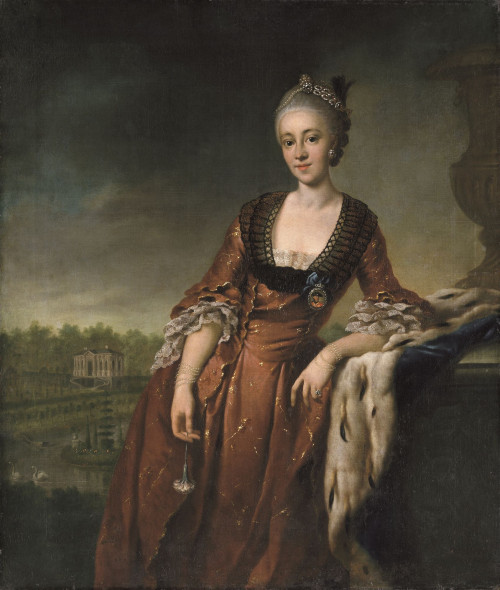
Johann Georg Ziesenis
MARIE GRÄFIN ZU SCHAUMBURG-LIPPE GEB. GRÄFIN ZU LIPPE-BIESTERFELD
Around 1780, oil on canvas
-
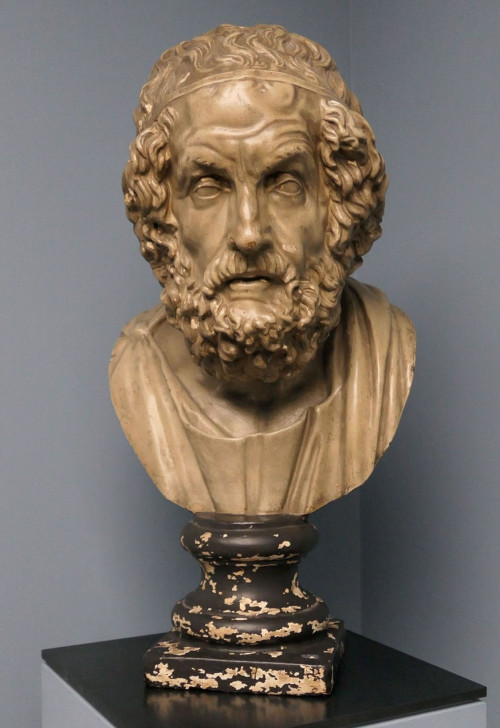
Unbekannt
HOMER-BÜSTE AUS DEM BESITZ HERDERS
Plaster, colored set
-
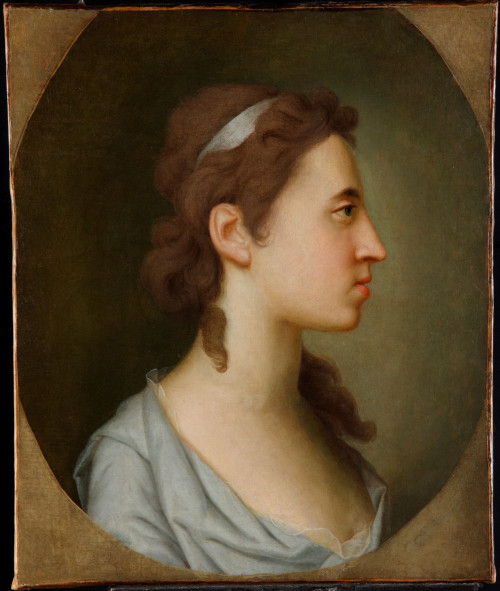
Unbekannt
CAROLINE FLACHSLAND
Around 1770/73, oil on canvas
-
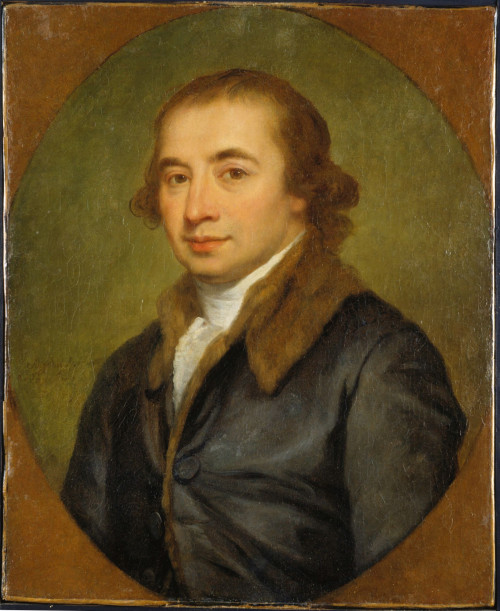
Angelica Kauffmann
JOHANN GOTTFRIED HERDER
1789/91, oil on canvas
-
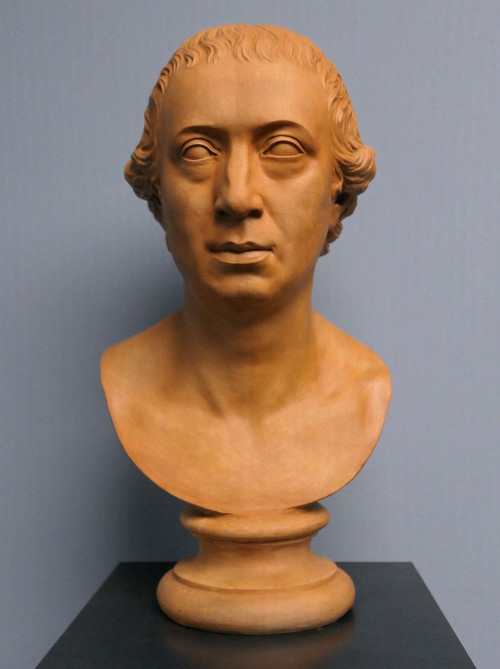
Martin Gottlieb Klauer
JOHANN GOTTFRIED HERDER
1783, fired clay